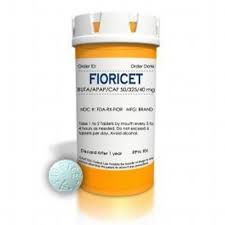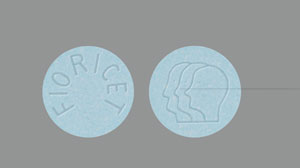The treatment of Fioricet overdose is complicated by the presence of two substances which are highly toxic when taken in excessive amounts. Fioricet overdoses generally result in toxic amounts of both acetaminophen and butalbital being consumed at once, requiring both overdoses to be treated at once.
Fioricet overdose by anyone and/or any consumption by persons to whom it is not prescribed (particularly children) is always a medical emergency and medical attention must be sought immediately if an overdose or consumption by other persons is suspected.
Fioricet overdose is often fatal and symptoms may not present for hours following consumption, once initial overdose symptoms present they can progress rapidly and there may not be time to reach appropriate medical care after this point.
Acetaminophen over-exerts its toxicity through the production of a toxic metabolite which produces liver damage in doses of 3,000mg or more per day and acute liver failure in doses above that. The specific antidote to acetaminophen overdose is N-acetyl-cysteine. Kidney failure and stomach bleeding may also occur.
Butalbital overdoses exerts its toxicity through excessive sedation resulting in respiratory depression and ultimately death via hypoxia. Nonlethal overdoses may also result in coma and death. There is no specific antidote to butalbital overdose and treatment is supportive, common treatment regimens generally include the administration of intravenous administration of saline, naloxone, thiamine, glucose, NaHCO3 to alkalize the urine to increase rate of excretion, and activated charcoal via nasogastric tube. It is not uncommon for doctor to recommend observation of the patient in the Emergency Department for a number of hours or admission to the hospital for several days of observation if symptoms are severe and to counsel the patient on drug abuse and/or refer them for psychiatric evaluation.
